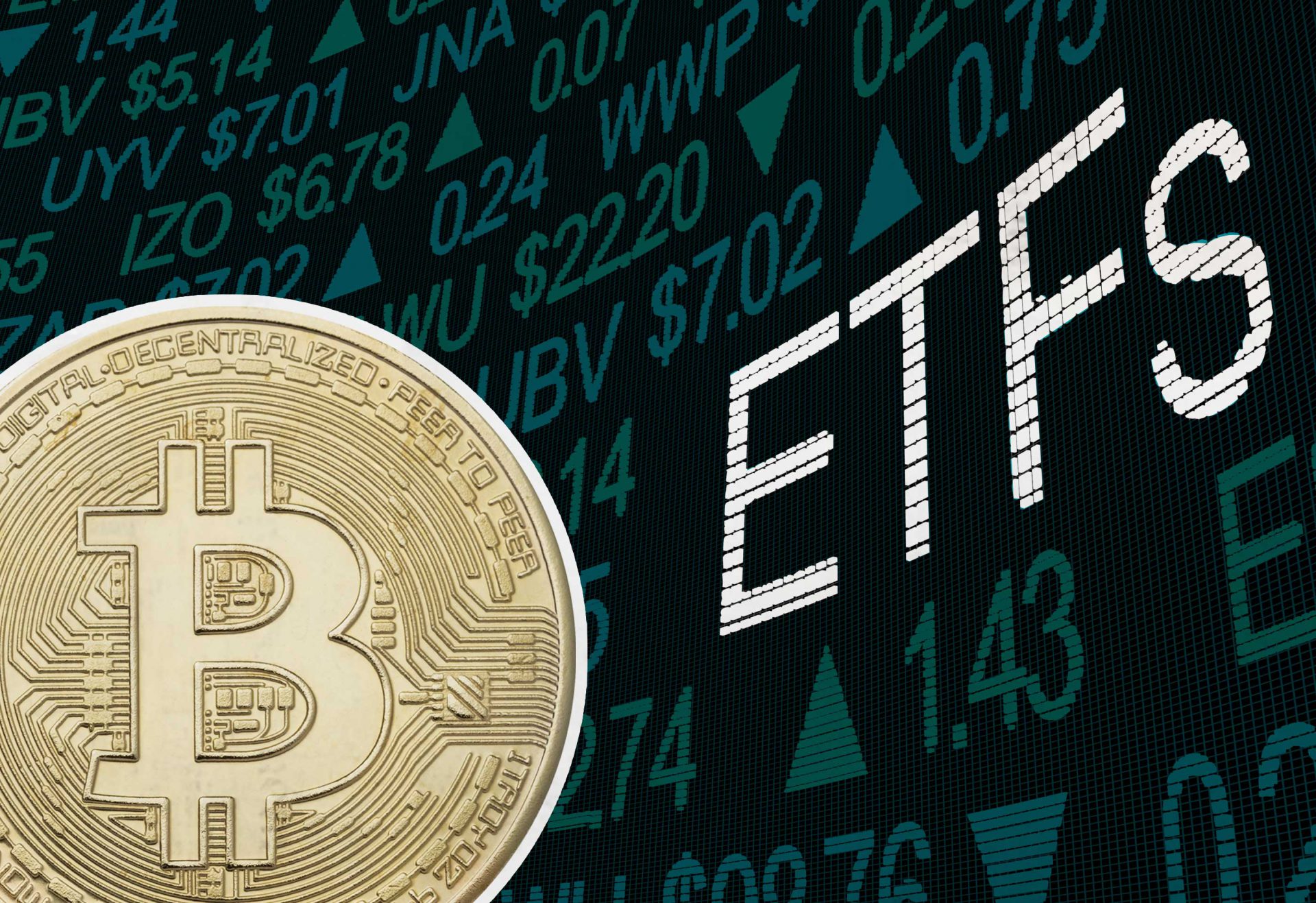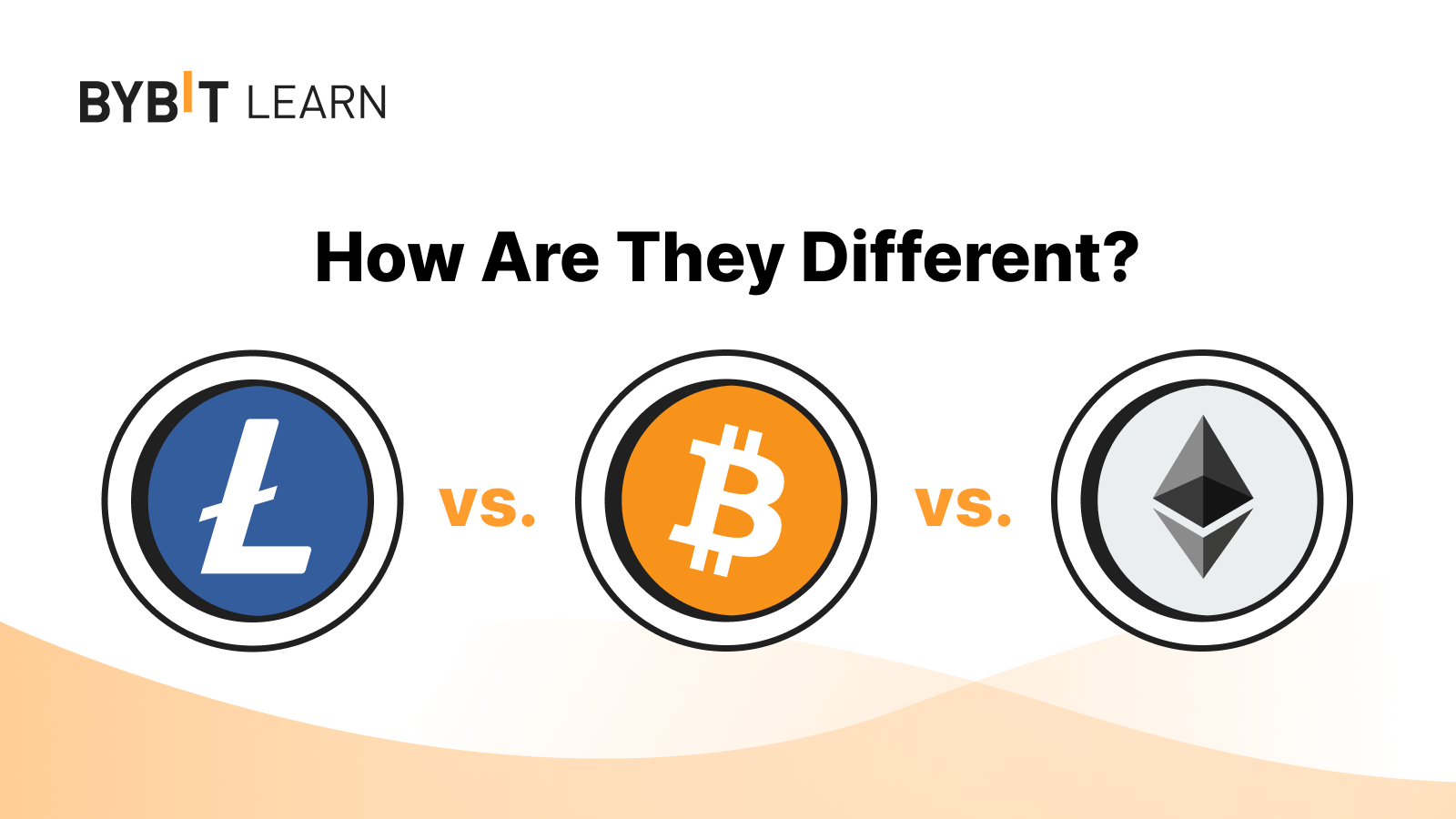Blackrock Bitcoin Ethereum Etf Demand Reshaping Markets
BlackRock bitcoin ethereum etf demand sets the stage for this enthralling narrative, offering readers a glimpse into a story that is rich in detail and brimming with originality from the outset.
The growing interest from BlackRock in Bitcoin and Ethereum ETFs highlights a significant shift in the cryptocurrency landscape, as institutional players begin to take a more active role. BlackRock’s involvement not only reflects its confidence in the digital asset market but also serves as a barometer for investor sentiment and demand. As we delve deeper, we’ll explore how BlackRock’s strategies are influencing market trends, the factors driving ETF demand, and the regulatory challenges that lie ahead.
Overview of BlackRock’s Involvement in Bitcoin and Ethereum ETFs
BlackRock, as one of the world’s leading asset management firms, has made significant strides in the cryptocurrency market, particularly with its interest in Bitcoin and Ethereum ETFs. This involvement indicates a recognition of digital assets as a legitimate investment avenue, aiming to cater to institutional and retail investors alike. BlackRock’s engagement with these ETFs serves as both a barometer and a catalyst for broader market adoption.BlackRock’s strategies are pivotal in shaping market trends, primarily through their ability to allocate large amounts of capital.
Their strong backing can provide necessary liquidity and stability to the ETF market, making cryptocurrencies more accessible and attractive to investors. This not only influences market dynamics but also signals confidence in the future of digital assets.
Demand for Bitcoin and Ethereum ETFs
The demand for Bitcoin and Ethereum ETFs is fueled by several factors that reflect the evolving investment landscape. Investors are increasingly seeking ways to gain exposure to cryptocurrencies without directly purchasing them, leading to a surge in interest in these financial instruments. The implications of this heightened demand are significant, as they could lead to increased market participation and potentially drive up prices.
Key drivers include
- Institutional interest in diversifying portfolios.
- Increased retail investor awareness and education regarding cryptocurrencies.
- Desire for regulated investment vehicles that mitigate risks associated with direct crypto trading.
- Performance metrics that highlight the growth potential of cryptocurrencies.
Recent statistics show a remarkable increase in ETF performance, with Bitcoin and Ethereum ETFs drawing considerable investor interest. Reports indicate that Bitcoin ETFs have recorded inflows exceeding $1 billion in recent months, reflecting robust market sentiment.
Regulatory Environment Surrounding Bitcoin and Ethereum ETFs

The regulatory landscape for cryptocurrency ETFs is still developing, posing both opportunities and challenges for asset managers like BlackRock. Existing regulations can create hurdles in launching these products, as compliance with financial authorities is essential for legitimacy and investor protection.
Current challenges include
- Securing approval from regulatory bodies such as the SEC in the U.S.
- Navigating differing regulations across jurisdictions.
- Addressing concerns related to market manipulation and investor protection.
As regulatory frameworks evolve, potential changes could significantly impact the demand for Bitcoin and Ethereum ETFs. A more favorable regulatory environment may lead to increased product offerings and greater investor confidence.
Comparison of Bitcoin and Ethereum ETFs
When comparing Bitcoin and Ethereum ETFs, it is crucial to analyze their performance metrics and distinguishing features. Both types of ETFs serve different investor needs and preferences, and understanding these differences can help investors make informed decisions.
Comparative performance metrics include
| Metric | Bitcoin ETFs | Ethereum ETFs |
|---|---|---|
| Year-to-Date Performance | 45% | 35% |
| Average Daily Trading Volume | $500 million | $200 million |
| Expense Ratio | 0.95% | 1.00% |
Examples of existing ETFs showcase their distinct features, such as the ProShares Bitcoin Strategy ETF and the Grayscale Ethereum Trust, each tailored to meet specific investor interests and market conditions.
Impact of Institutional Investment on Cryptocurrency ETFs
Institutional investment plays a critical role in shaping the demand for Bitcoin and Ethereum ETFs. Large financial institutions, including BlackRock, can significantly influence retail investor behavior by establishing a precedent for investing in cryptocurrencies.
The effects of institutional investment include
- Increased legitimacy of cryptocurrency as an asset class.
- Enhanced market liquidity and reduced volatility.
- Shifts in retail investor sentiment towards cryptocurrencies.
Trends indicate a steady flow of institutional money into cryptocurrency ETFs, reflecting a growing belief in their long-term potential.
Future Outlook for Bitcoin and Ethereum ETFs

Looking ahead, the demand for Bitcoin and Ethereum ETFs is projected to continue growing over the next few years. Factors contributing to this growth include increasing mainstream acceptance of cryptocurrencies and advancements in financial technologies.
Potential growth areas within the ETF market include
| Area | Projected Growth Rate |
|---|---|
| Institutional Investment | 20% annually |
| Retail Adoption | 15% annually |
| Global ETF Expansion | 25% annually |
Technological advancements, such as improvements in blockchain technology and asset management platforms, are also expected to influence ETF adoption positively.
Case Studies of Successful Bitcoin and Ethereum ETF Launches
Several successful ETF launches in the cryptocurrency space provide valuable insights into effective strategies and market conditions. These case studies highlight how particular marketing campaigns and investor education can drive interest.
Notable examples include
- ProShares Bitcoin Strategy ETF: Launched with a robust marketing strategy that emphasized regulatory compliance and institutional backing.
- Grayscale Ethereum Trust: Leveraged strong brand recognition and investor education to attract significant interest from both institutions and retail investors.
Lessons learned from these cases underscore the importance of transparency, regulatory alignment, and investor engagement in future ETF offerings.
Investor Sentiment Towards Bitcoin and Ethereum ETFs

Current investor sentiment regarding Bitcoin and Ethereum ETFs reflects an optimistic outlook, with many investors viewing these products as a means to diversify their portfolios. Surveys indicate a growing willingness to invest in cryptocurrency-related financial products.
Qualitative data reveals
- Increased confidence among investors following institutional endorsements.
- Desire for more educational resources to navigate the complexities of cryptocurrency investments.
A summary of different investor demographics and their ETF preferences can be organized as follows:
| Demographic | Preference |
|---|---|
| Millennials | High interest in Bitcoin ETFs |
| Gen X | Preference for Ethereum ETFs |
| Institutional Investors | Balanced interest in both |
Closure
In conclusion, the increasing demand for Bitcoin and Ethereum ETFs, especially in light of BlackRock’s engagement, signals a transformative era for cryptocurrencies. As institutional investments continue to shape the market, the implications for retail investors and the broader financial landscape are profound. Looking ahead, understanding these dynamics will be essential for navigating the evolving world of digital assets.
Quick FAQs
What are Bitcoin and Ethereum ETFs?
Bitcoin and Ethereum ETFs are investment funds that track the performance of either Bitcoin or Ethereum, allowing investors to gain exposure to these cryptocurrencies without directly buying them.
Why is BlackRock interested in Bitcoin and Ethereum ETFs?
BlackRock’s interest stems from the growing demand for cryptocurrency investments and the potential for significant returns, positioning itself to capture market share in this expanding sector.
How does institutional demand impact cryptocurrency markets?
Institutional demand can lead to increased liquidity and price stability in cryptocurrency markets, as large investments typically bring more credibility and attract further interest from retail investors.
What challenges do ETFs face in the current regulatory environment?
ETFs face hurdles such as obtaining regulatory approval, navigating compliance requirements, and addressing concerns over market manipulation and investor protection.
What future trends can we expect for Bitcoin and Ethereum ETFs?
Future trends may include increased adoption, further regulatory clarity, and innovative product offerings as institutional interest continues to grow.


